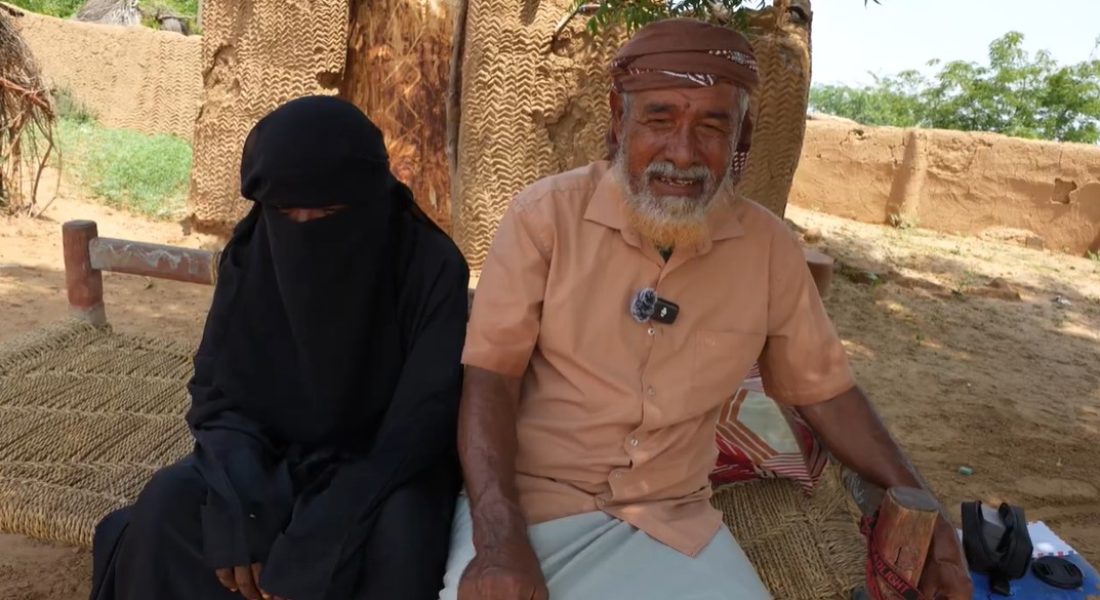In the remote village of Al-Awwa, in the Bani Hassan area of Abs District, northern Hajjah Governorate, grief still hangs heavy over the home of Hajj Ali Hakami and his family.
Their 28-year-old daughter, Zainab, was killed in a landmine explosion in late December 2023 while collecting firewood near her home.
She had been helping with household chores when the explosion tore through the stillness of the village, a place where landmines have turned even the simplest daily tasks into acts of fear.
Speaking to Project Masam’s Media Office, Hajj Ali recalled the horrific moment his daughter’s life was taken: “Zainab was only about 100 metres away from me when the mine exploded. I saw her body parts fly through the air – it was like a nightmare. I couldn’t believe what I was seeing. Only when I reached her did I realise she was gone. I saw life leave her before my eyes.”
Following the tragedy, Hajj Ali and his neighbours discovered that their village was surrounded by landmines on all sides. Years of conflict had left the area dangerously contaminated, cutting residents off from their farms, workplaces, and grazing land. “We are trapped,” he said. “We cannot reach our farms or work. Our only hope is for Project Masam to clear our land. We just want to live without fear.”
The Abs District of Hajjah remains one of Yemen’s most heavily mined areas, where the presence of unexploded ordnance and improvised explosive devices continues to threaten civilians long after fighting has moved elsewhere. Families like the Hakamis live each day with both loss and uncertainty: unable to safely farm, fetch water, or even walk without risk.
For Zainab’s family, the pain of her death endures. Her father’s words are a stark reminder of how landmines continue to destroy lives, livelihoods, and the fragile sense of security that so many Yemeni families struggle to reclaim.

